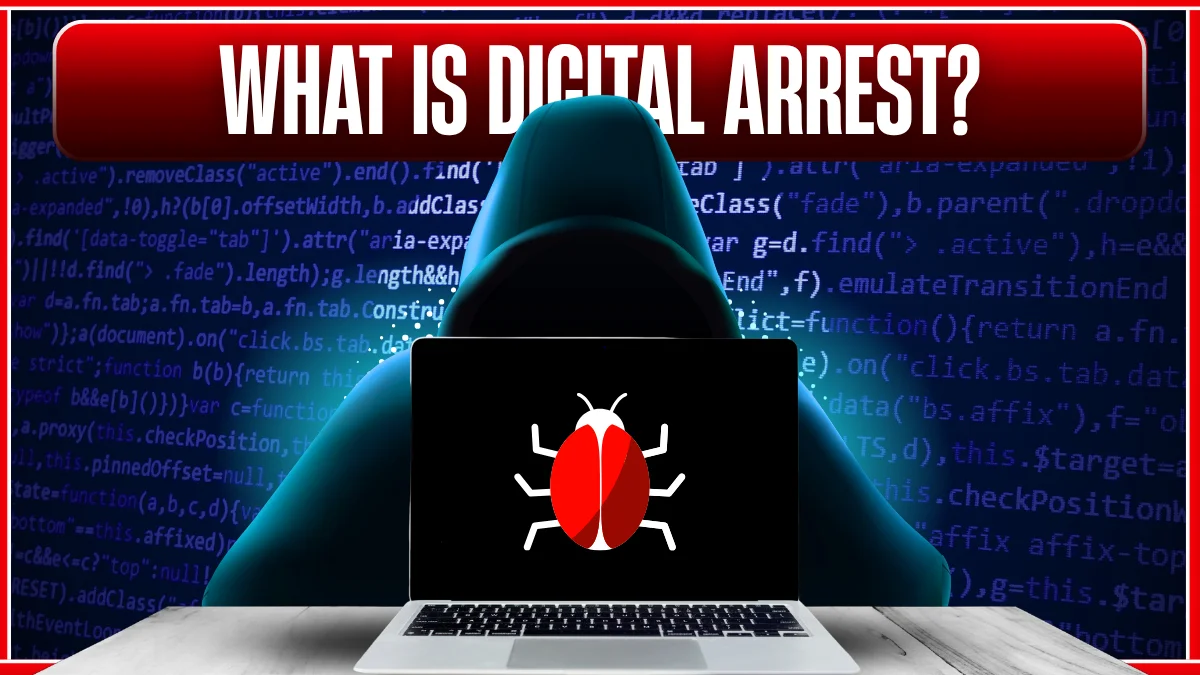What is digital arrest, and why is it becoming critical in today’s cybercrime-ridden world? This article breaks down the concept in a simple, accessible way—explaining how law enforcement adapts to new digital threats using tools like forensics and real-time monitoring. Also explore how digital assets—from cryptocurrencies to intellectual property—are protected in this evolving landscape, and how to avoid falling for digital arrest scams.

Digital Arrest
How can law enforcement effectively combat the rising tide of cybercrime?
What happens when traditional policing methods fall short in the digital world?
Digital arrest emerges as a critical response to these challenges, involving the government’s efforts to block or restrict online information and communications to uncover and stop illegal activities like hacking and theft.
With cybercrime costs projected to exceed $10.5 trillion by 2025, the urgency for innovative approaches has never been greater. Many criminals exploit the internet’s anonymity, necessitating advanced techniques such as digital forensics and real-time tracking.
By shifting strategies, law enforcement aims to protect individuals and organizations from increasingly sophisticated online threats. This evolution in policing is essential for maintaining safety in an interconnected world.
Digital assets used to mean words, pictures, movies, audio files, and papers, but now they include much more. When Bitcoin emerged in 2009, it brought the blockchain, a public log shared and protected by a voting system. The idea was familiar because data had become valuable digital assets that must be managed, stored, and protected. Data stored in distributed ledgers had been around for a while.
Most people who didn’t work in data science, data management, data analysis, or any other area that needs extensive, spread data networks, though, had never heard of it. Before a digital asset can be considered an asset, it needs to build value by being used in a way that makes money for the owner. The digital assets should then be able to change hands by being bought, given as a gift, or some other way. It provides the rights to the thing and its value to someone else.
Digital assets don’t work the same way as tangible assets. Different technologies make, store, and manage them but aren’t visible. This digital nature has its difficulties and traits.
Digital assets exist in various forms and serve multiple purposes. To get the most out of your digital assets for your business, you need first to understand how they are different. Let’s look at the various kinds of digital assets that companies can use:
Blockchain technology will open up new business models and ways to make money. It can do this by creating new digital assets and letting people trade with each other directly without the need for intermediaries. Digital assets can find applications in various fields:
When someone is a target of digital arrest, they are led to think that the police are investigating them. For crimes like drug dealing, money laundering, etc. Scammers are getting more thoughtful about how they do their tricks. That is why it’s essential to stay aware and take the proper precautions:
Experts consider digital assets essential to modern police work. The force dedicates itself to fighting the increasing hacking threat. These agencies must be creative and flexible in catching people who commit cybercrimes. The technologies that make up our digital world are constantly improving. Their job is to keep these crimes out online, a valuable resource for many people, businesses, and global societies.
This post was last modified on May 31, 2025 4:33 pm
Bolt.new stands out as the best Vibe Coding AI tool for its ability to build…
AI in Cybersecurity segment: AI has the potential to revolutionize cybersecurity with its ability to…
Explore the best AI security solutions of 2025 designed to protect against modern cyber threats.…
Autonomous agent layers are self-governing AI programs capable of sensing their environment, making decisions, and…
Artificial Intelligence is transforming the cryptocurrency industry by enhancing security, improving predictive analytics, and enabling…
In 2025, Earkick stands out as the best mental health AI chatbot. Offering free, real-time…